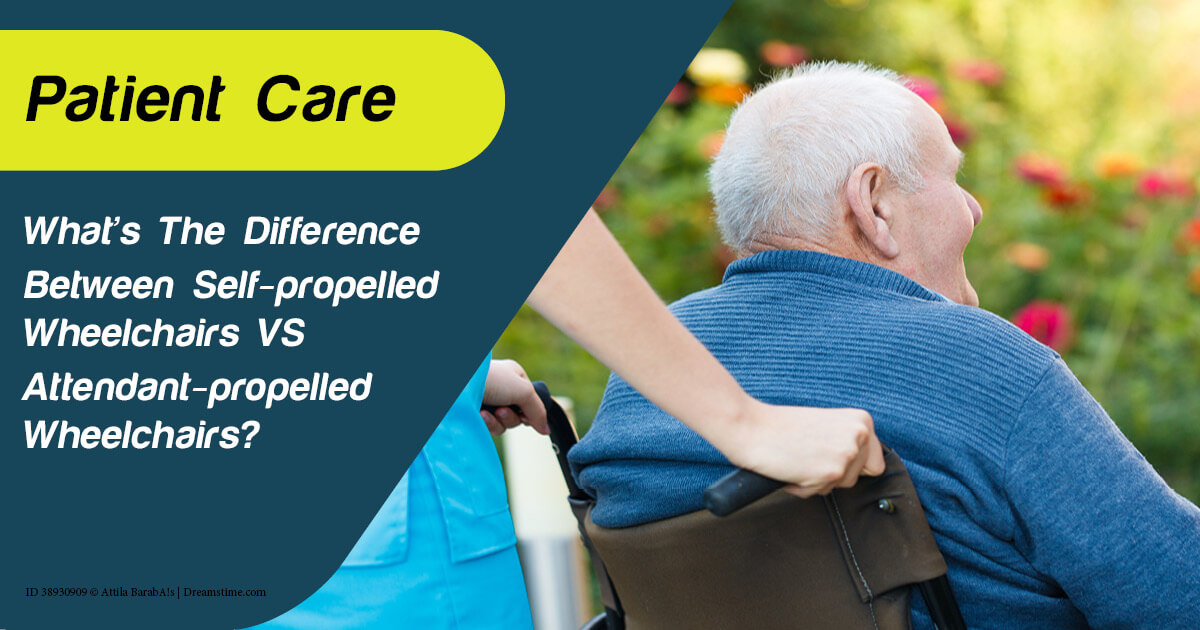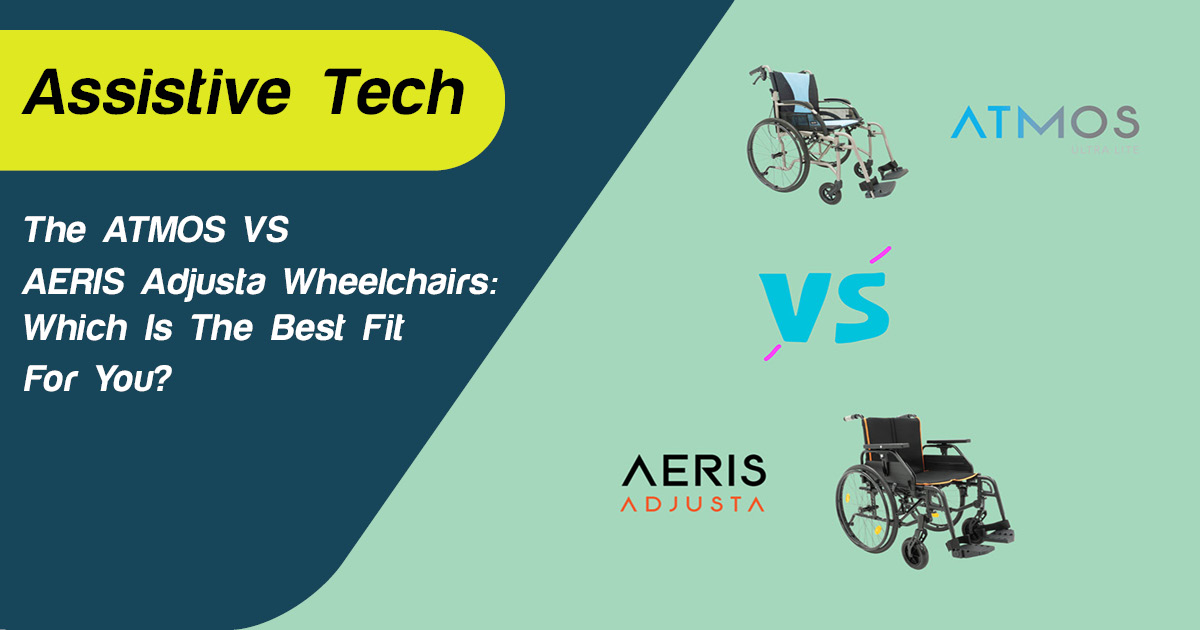
Share
International Day of People with Disability (IDPwD) is held on December 3rd each year. Today, we would like to celebrate the 4.3 million Australians living with disability and many more all around the world.
A disability is any continuing condition that restricts daily activities. The main categories of disability are physical, sensory, psychiatric, neurological, cognitive and intellectual.
Following text has been resourced from International Day of People with Disability (idpwd.com.au).
Respectful Communication
The use of inclusive and non-discriminatory language helps to avoid assumptions and misunderstandings and promote respectful relationships.
There is no ‘right’ thing to say in every circumstance and above all you should be yourself and talk as you would to any person. There are many views on language in the disability community and this can be a way to start the conversation.
Avoiding assumptions and misunderstandings
- Do not focus on the disability, but do not be afraid to refer to it if necessary.
- Empathize with the person rather than sympathize; people with disability want to be accepted not pitied.
- Avoid assumptions: for instance, people with disability are not necessarily on income support. Many work in a range of professions, pay taxes, have families and relationships and have a range of interests beyond disability.
- Avoid using medical terminology or assuming that a disability is experienced as an illness. Many disabilities are stable and do not automatically involve problems with general health.
- Don’t be afraid to ask if the person has any individual requirements or to offer assistance if warranted but don’t be offended if the person says they don’t need support.
- Don’t assume that everyone with a disability is an expert on a range of disability issues or accessibility.
- Understand that it is not the disability that can be disabling but a lack of accessibility i.e. buildings that only have steps.
Effective language
- When referring to an individual’s disability many people would suggest you emphasise the person first. The usual terms are ‘people with disability’, ‘person with physical disability’, ‘person who uses a wheelchair’ and ‘person with an intellectual disability’ or ‘person with an acquired disability’. There are also people who strongly embrace their identity as disabled – language is personal and it’s OK to ask people what they prefer.
- Don’t use statements with a negative meaning such as invalid, incapacitated, slow, handicapped, retard or ‘confined’ to a wheelchair.
- Avoid cliches and portraying the person as a victim. e.g. referring to people as ‘amazing’, ‘inspirational’ or ‘special’.
- Do use words such as ‘look’ and ‘see’ as vision impaired people understand such concepts and include these words in conversation.
- Avoid phrases such as ‘the blind’ and ‘the disabled’ — although people may have similar disabilities, they are unique individuals. Also don’t forget that people can experience the same disability very differently.
- If writing about people with disability, use the same titles and prefixes you would with anyone else. Do not refer to adults with intellectual disability the same way as you would children, for example, captioning a photo ‘Mr Smith and Bob, who has a disability’.
Respectful terms
- People with disability; Person with disability
- Person who is blind; Person with low vision; Vision impaired; Person with vision impairment
- Person who is Deaf; Auslan user; Deaf or hearing impaired;
- Person with hearing impairment
- Person of short stature
- Person with a speech impairment; Speech impaired
- Person with mental illness; Person with psychiatric disability
- Wheelchair user; Person with mobility or physical disability
- Person with an intellectual disability; Person with a developmental disability
- Person with a learning disability; Person with a cognitive disability
- Accessible parking
- Person with lived experience
Source: https://www.idpwd.com.au/resources/communication/
Remember that people with disability are people with rights the same as everyone else, and having our human rights fulfilled should be expected.










